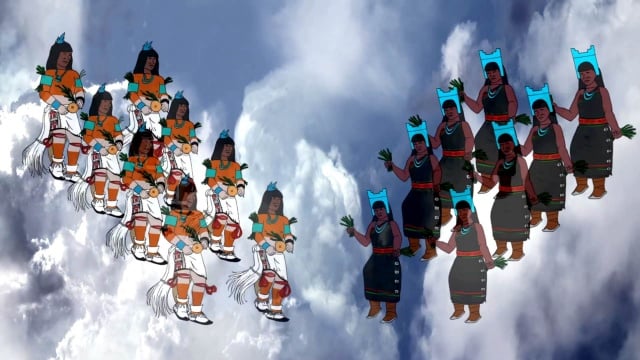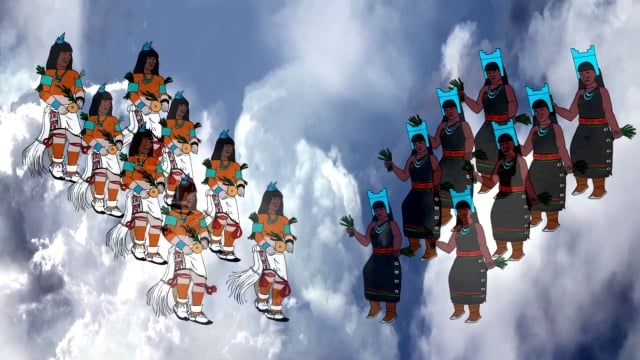About This Lesson
How does social change happen? How do people survive under harsh conditions of oppression and deprivation? What is decolonization? Using the film, Frontera! Revolt and Rebellion on the Río Grande (2014), an animated documentary about the Pueblo Revolt of 1680, as a starting point for exploring these questions, this lesson plan focuses on how storytelling can be a mode of empowerment that recovers the missing to history. Pueblo scholars call the Pueblo Revolt the "first American Revolution." This is a radical idea because it challenges the dominant narrative of the origins of the United States. In the film, Frontera!, stories that are left out of this narrative are animated through storytelling. For the Pueblo people of New Mexico and parts of Arizona, the Pueblo Revolt is a living history that is still remembered and commemorated every year on August 10th. Rebellion is one of many survival strategies that Pueblo communities and other Indigenous people have used to survive European colonization. But they did more than just survive. They recovered, revitalized, and renewed their cultural traditions and worked together to assert their right to life on their own terms. Today, Native American communities continue to thrive, struggle, and also heal. This process is called Indigenous continuance.








